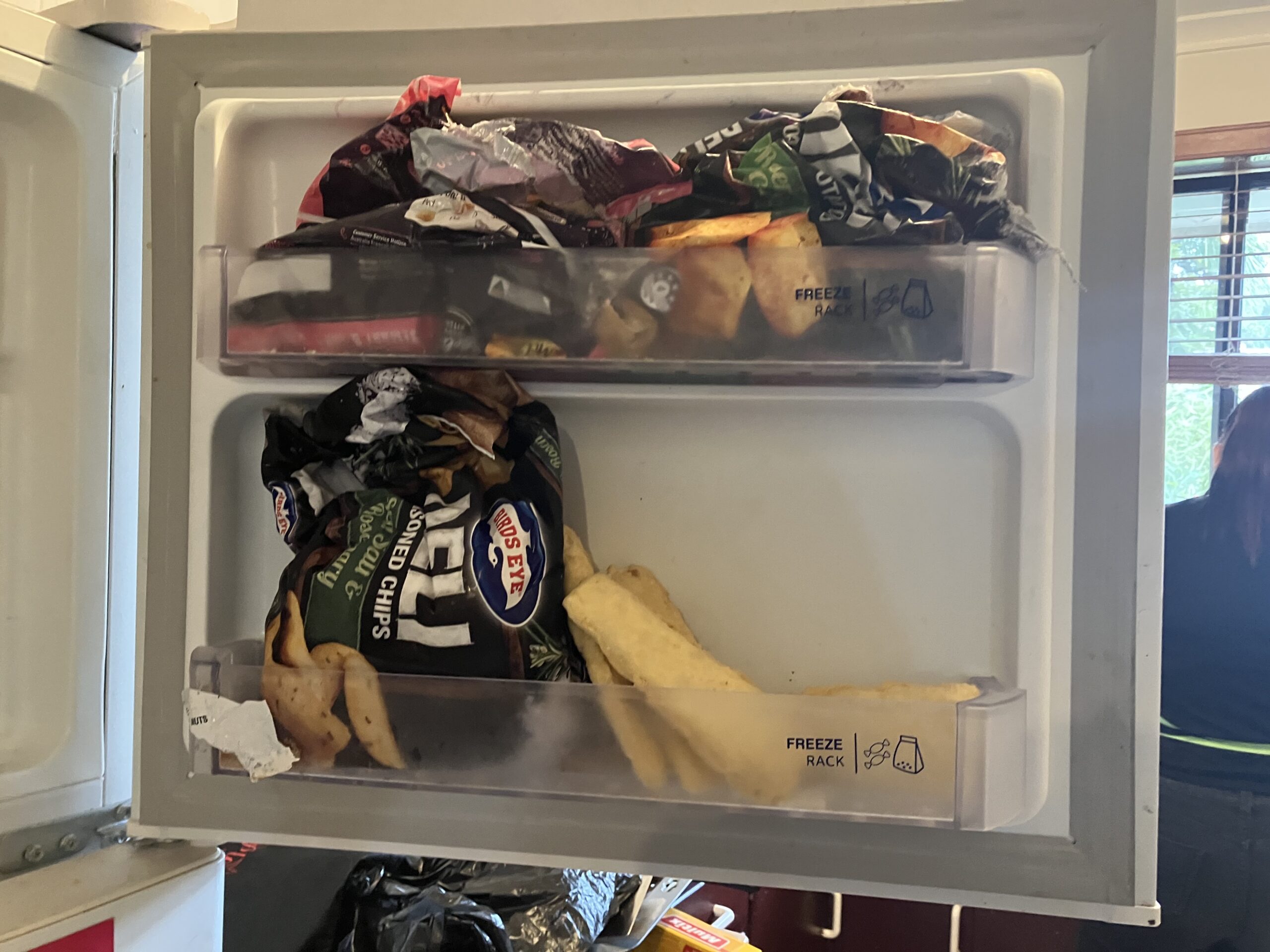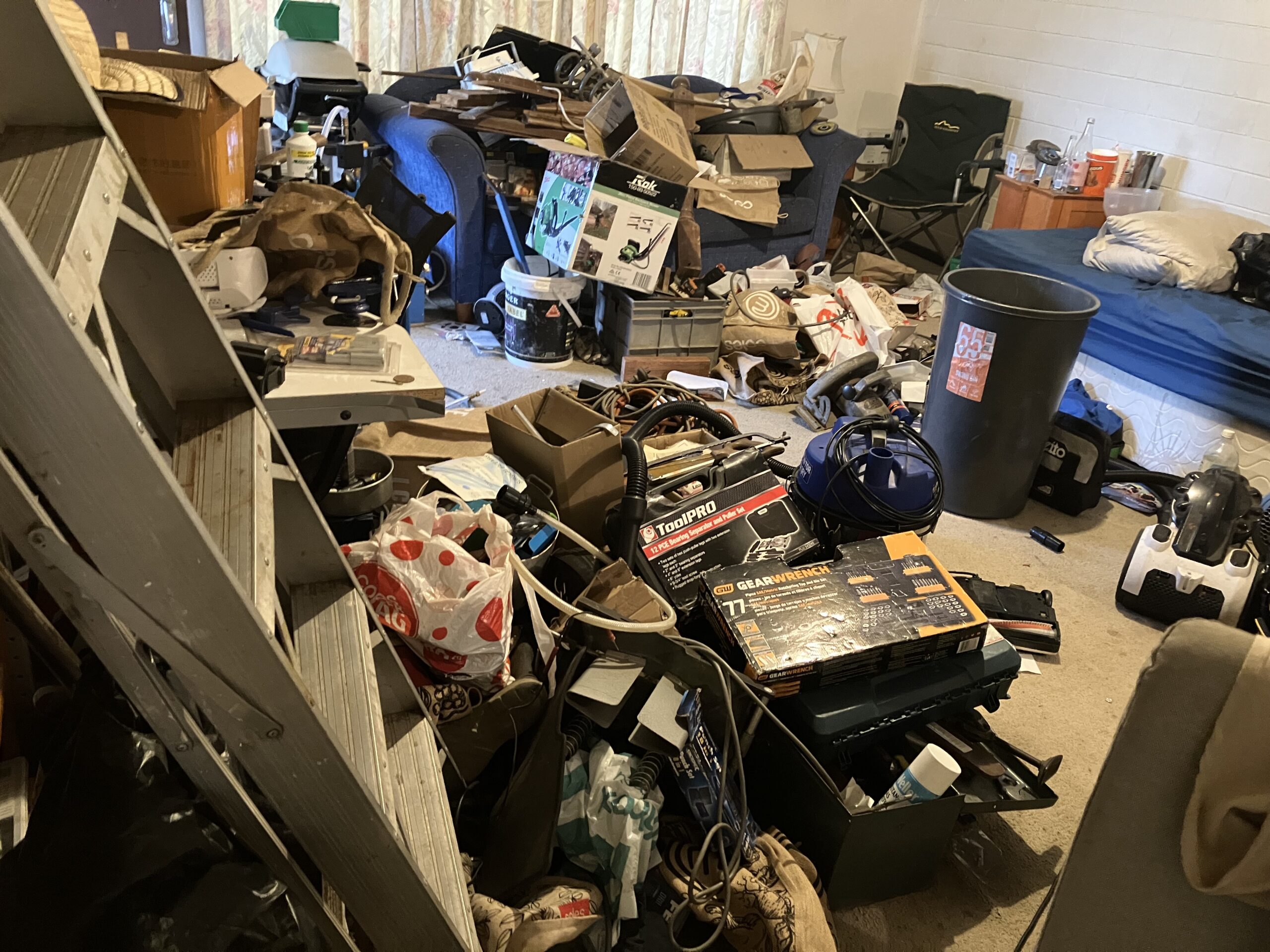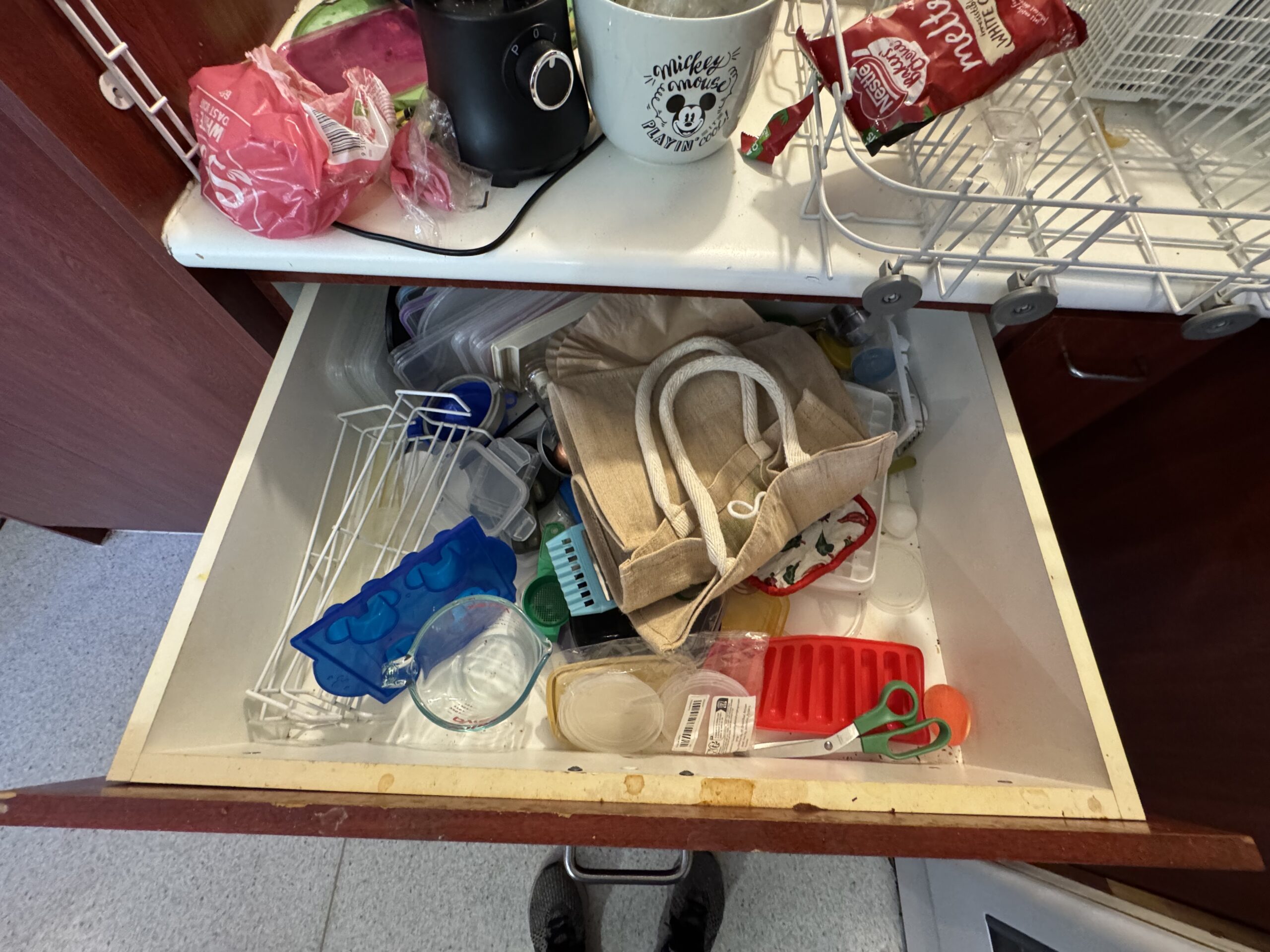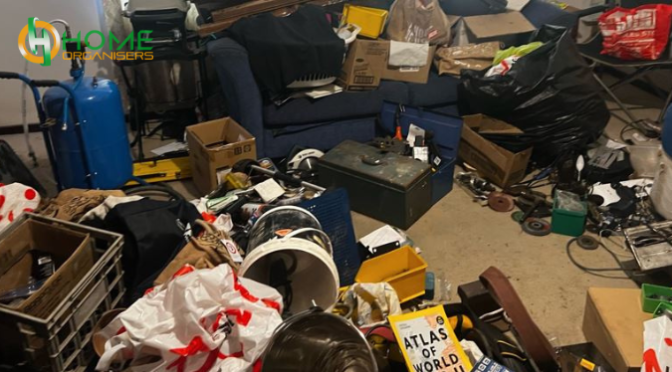Hoarding isn’t just about having too much stuff. It’s a complex issue that can affect health, relationships, finances, and overall well-being. For many, clutter becomes overwhelming, but understanding the risks is the first step to making positive changes. Let’s explore why decluttering is essential and how it can transform lives.
Health Risks: Breathing Easy Again
Hoarded homes are often havens for dust mites, mould, and pests like cockroaches and rodents. These unwelcome guests don’t just make the home unpleasant—they pose serious health hazards.
- Respiratory Problems: Dust and mould can cause asthma attacks, allergies, and persistent breathing difficulties. Poor air circulation in cluttered spaces can exacerbate these issues. Learn more about cleaning and organising services designed to address these issues.
- Infections and Illnesses: Rodents and pests carry diseases that can spread quickly in cluttered environments. Left unchecked, they create unhygienic living conditions that threaten everyone in the home.
- Accidents: Piles of clutter increase the risk of tripping, slipping, or items falling on someone. For elderly individuals, these accidents can lead to serious injuries or hospitalisation.
By prioritising clutter removal and hygiene improvement, a home becomes safer and healthier, reducing these physical risks significantly.
Mental and Emotional Impact: Clearing the Mind
Clutter doesn’t just fill your home; it fills your mind too. Hoarding health risks can extend to mental well-being, leading to or worsening anxiety, depression, and feelings of helplessness.
- Stress and Anxiety: Living in a cluttered space can feel chaotic, leading to constant stress. The mess reminds people of unfinished tasks and unmet goals, creating a mental burden. Learn how organising services can help create calm and order.
- Shame and Isolation: Hoarders often avoid inviting friends or family over, leading to loneliness and social withdrawal. This isolation can deepen feelings of inadequacy or embarrassment.
- Mental Fog: Studies show that clutter affects focus and decision-making, making it harder to complete everyday tasks. A clean space can restore mental clarity.
Decluttering doesn’t just clear physical space; it provides emotional relief and a sense of accomplishment. Addressing mental health impacts can significantly improve overall happiness and well-being.

Family Relationships: Restoring Harmony
Hoarding dangers don’t only affect the person who’s holding on to items—it impacts everyone who lives in or visits the home.
- Family Tensions: Disagreements over clutter can strain relationships. Family members may feel frustrated, embarrassed, or even angry about the state of the home.
- Impact on Children: Growing up in a hoarded home can be stressful for kids. They may feel ashamed to invite friends over or struggle with their own mental health as a result. Explore how kids’ room organising can create supportive spaces for children.
- Lost Opportunities: Cluttered homes may prevent celebrations, family gatherings, or even simple quality time.
Decluttering promotes family safety by creating a welcoming, functional space everyone can enjoy.
Productivity and Focus: The Hidden Cost of Clutter
Hoarding effects make it hard to find what you need, costing time and energy every day.
- Lost Items: How often do you misplace keys, documents, or important items? In a hoarded space, this happens regularly, adding unnecessary frustration.
- Procrastination: A messy environment can make even the simplest tasks feel daunting. Decluttering can kick-start motivation and productivity.
- Work Efficiency: Whether working from home or managing household responsibilities, a clean, organised space promotes focus and efficiency.
Decluttering importance cannot be overstated. It creates an environment where it’s easier to stay organised, save time, and get more done.

Mood and Well-Being: Lifting Spirits
The state of your home affects your mood more than you might realise.
- Positive Energy: Walking into a tidy, clutter-free room can instantly boost your mood. Clean spaces create a sense of calm and control.
- Confidence and Pride: A decluttered home is a home you can feel proud of. This pride fosters self-esteem and a sense of accomplishment.
- Better Sleep: A clutter-free bedroom promotes relaxation, making it easier to unwind and get a good night’s sleep.
Clean living starts with creating a space that supports your mental and physical health.
Financial Impact: Saving Money by Letting Go
Hoarding dangers can quietly drain finances in ways many don’t realise.
- Unnecessary Purchases: When items are hard to find, people often buy replacements, only to discover the original later.
- Maintenance Costs: Pests, mould, and structural damage caused by clutter can lead to expensive repairs.
- Missed Opportunities: Hoarding can delay plans to sell or rent out property, potentially losing money in the long run.
By embracing decluttering solutions, you can save money, prevent waste, and even uncover forgotten valuables.
The Link Between Decluttering and Happiness
Decluttering goes beyond cleaning—it’s about creating organised spaces that support a fulfilling life.
- Increased Freedom: Letting go of unnecessary items frees you from the burden of managing too much.
- Room for Growth: A clean space makes it easier to embrace new hobbies, projects, and opportunities.
- Sense of Control: Organising your home gives you control over your environment, fostering a sense of empowerment.
These changes create a ripple effect, improving overall happiness and quality of life. A healthy home is the foundation of a happy life.

Tips for Getting Started
If decluttering feels overwhelming, take it step by step.
- Start Small: Tackle one room, drawer, or corner at a time to avoid feeling overwhelmed.
- Sort Into Categories: Use piles like “Keep,” “Donate,” “Recycle,” and “Throw Away.”
- Ask for Help: Professional help from organisers or cleaning services can make the process smoother and faster.
- Stay Consistent: Regular decluttering prevents things from piling up again.
The goal isn’t perfection—it’s creating a safe home that feels good to live in.
Ready to transform your space and reclaim your peace of mind? Call 03 8583 9103, email nancy@homeorganisers.com.au, or visit homeorganisers.com.au today to get started!



